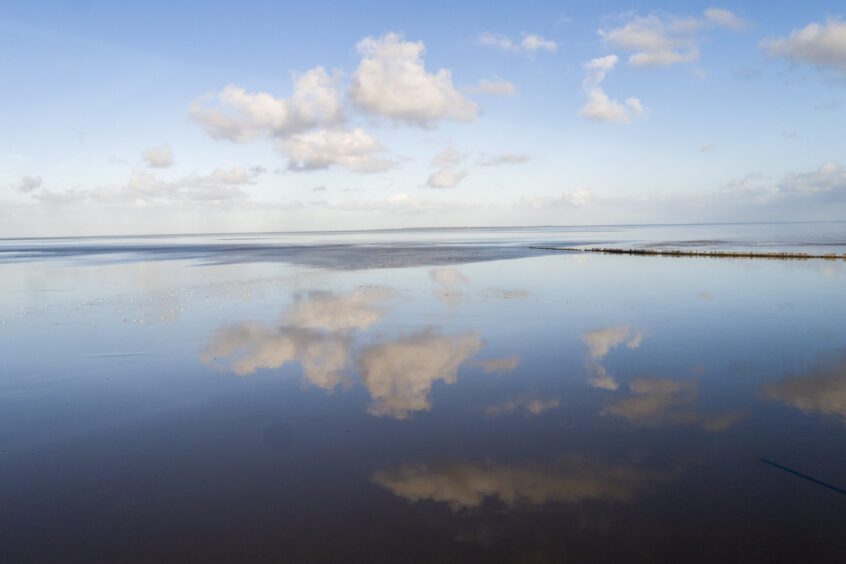
Germany will scrutinize an application to drill for natural gas at a protected marine site after explorer One-Dyas BV cleared a key hurdle with local authorities.
One-Dyas wants to tap the North Sea site with a view to supplying gas to Dutch and German households by year’s end. The regional mining authority granted it permission Wednesday to drill horizontally from a Dutch platform into German territory, but activist groups are pursuing legal action against the application.
The first-step approval “shows we are doing the right thing and that we have developed the project convincingly,” Chief Executive Officer Chris de Ruyter van Steveninck said in a statement.
Before drilling can start, Germany and the Netherlands have to close a bilateral agreement, according to a separate statement from Lower Saxony’s Economy Ministry.
Germany was hard-hit by the energy crisis that followed Russia’s invasion of Ukraine, and had to wean itself off piped gas from Moscow. The country now gets most of its supplies from Norway and the Netherlands, as well as liquefied natural gas from world markets. It’ll have to weigh any additional need against the ecologically sensitive nature of the proposed drilling site.
“There are many downsides to consider,” Economy Minister Robert Habeck told reporters in Berlin. “They are now being examined.”
One-Dyas sees potential to pump as much as 13 billion cubic meters of gas from its platform off Borkum Island. That compares with German consumption of about 81 billion cubic meters last year, according to the regulator.
“In this respect, the effect on energy security or on conceivable prices is minimal, if it can be assumed at all,” Habeck said.
The drilling site is in the so-called Wadden Sea — a North Sea zone that’s designated a Unesco World Heritage Site — and activists fear the project may harm the marine environment.
“The German government must now intervene and prevent One-Dyas from being given the red-carpet treatment,” Sascha Müller-Kraenner, head of non-profit Environmental Action Germany, said in a statement. If fossil-fuel extraction is permitted, it will “jeopardize Germany’s credibility” on climate policy.
Recommended for you
